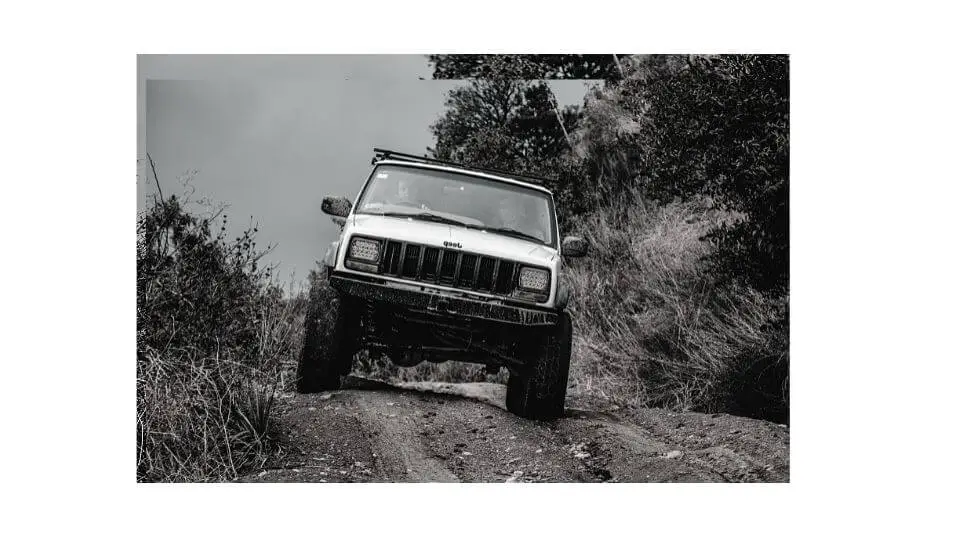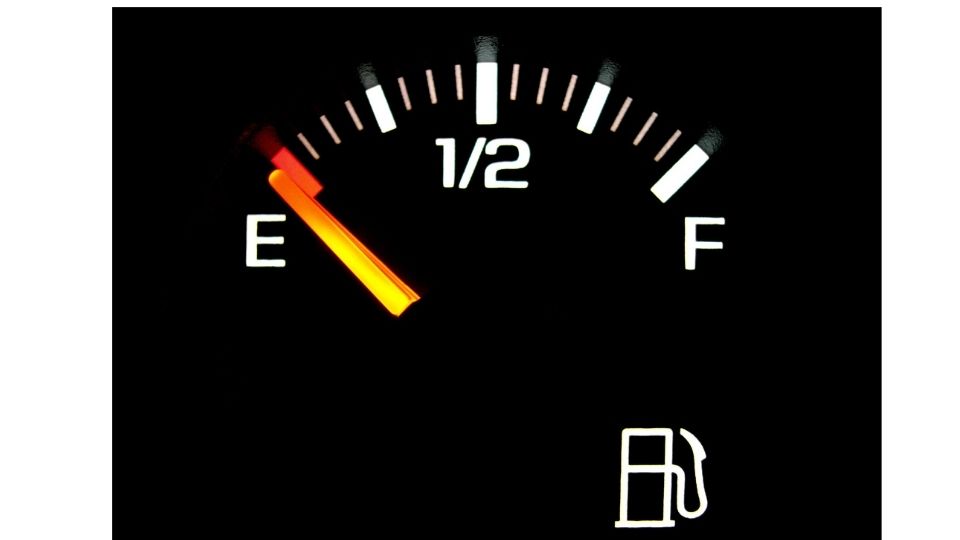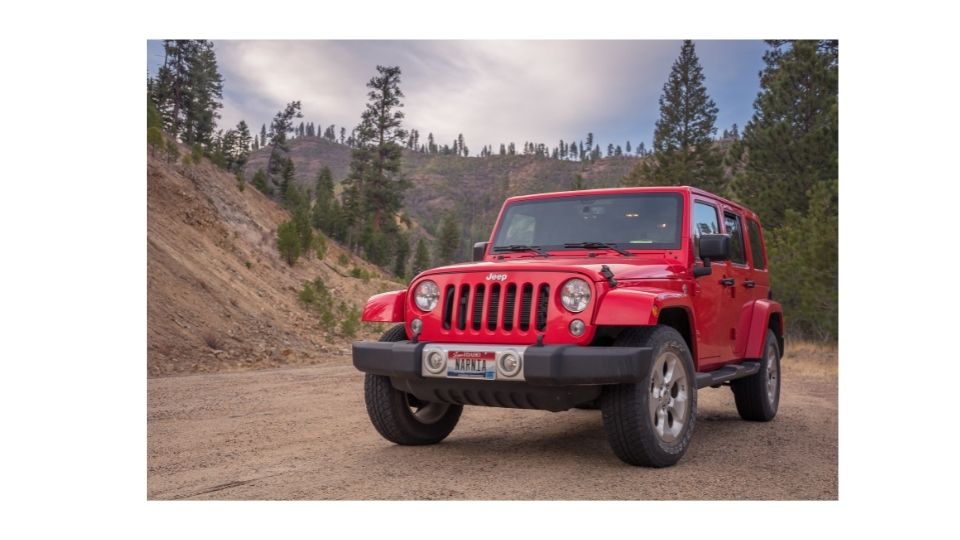If you own a jeep xj and are wondering what oil type is best for your ride, you’ve come to the right place. In the following article, I will tell you exactly what oil your jeep needs and save you from making a costly mistake (because when it comes to oil for your jeep, using the wrong one can do some serious damage).
What is the recommended oil type for a jeep xj?
The recommended oil type for a jeep xj is SAE 10w30 motor oil. This is a great all-around oil that’s suitable for most vehicles.
SAE stands for Society of Automotive Engineers, and the 30 in 10w30 refers to its viscosity rating. The number indicates how readily the oil flows at a certain temperature. A lower number means more viscous (thicker) while higher numbers mean less viscous (thinner).
Can I use 5w30 instead of 10w30 on a Jeep XJ?
Yes, you can use 5w30 instead of 10w30.
Synthetic 5W-30 is often better than 10W-30. At the operating temperature of a typical vehicle engine, both have the same viscosity. Also, 5W-30 is a little thinner at cold temperatures but thicker at high temperatures (up to 250 degrees F).
The reason for this is that synthetic oil has more internal resistance to flow than mineral oil. This means it takes more energy to get the oil moving through your engine and it also means that when it does move, it tends to move slower. So if you use 5W-30 in your Jeep, it will flow well when cold but not as quickly as it would with 10W-30 or 15W-40.
But if you have an older engine with worn valve guides and valves that don’t close completely when cold, you may find that 5W-30 gives you better protection because it’s thicker at low temperatures when those worn parts need help moving against their friction as much as possible.
What does 10w30 synthetic oil mean?
The two numbers are actually two different viscosities. The first number is the oil’s cold viscosity, which is how the oil flows at a low temperature. The second number is its hot viscosity, which is how well it flows at high temperatures.
The first number refers to an oil’s thickness when it’s cold. When you’re driving, the oil in your engine gets hot and becomes thinner. The lower this number, the thicker the oil is when it’s cold. You want your engine to be able to crank over easily when cold, so you want a low cold viscosity rating for your engine oil.
The second number refers to an oil’s thickness when it’s hot (it doesn’t matter if this is hot because of temperature or because you just drove for 20 minutes). The higher this number, the thicker oil will be at operating temperature (when your car is running).
What kind of oil does a 4.0 Jeep Cherokee take?
The recommended velocity oil for your 4.0 jeep Cherokee is 5W to 30W.
The reason it says that is because the oil has to be synthetic, and not all oils are made equally. Some are better than others at protecting your engine from wear and tear. So when you go to the auto parts store, ask for a good synthetic oil that will protect your engine
If you’re unsure about what kind of oil is already in your car, check the owner’s manual or ask your mechanic.
Jeep xj oil capacity
The oil capacity for the Jeep XJ is 6.0 quarts. If you are unsure of what your vehicle takes, check with your owner’s manual or a mechanic.
If you are planning on doing some work on your Jeep XJ, make sure to buy the correct type of oil for your vehicle. It is important to use an oil that meets requirements for your engine. Otherwise, you could experience serious damage to your engine and other parts.
10w30 oil pros and cons
The 10w30 engine oil has been the standard for many years. It is a great product that has a long history of being a high-quality product. The pros and cons of this type of oil are as follows:
Pros:
- Slightly less expensive: The price difference between 5W-30 and 10W-30 isn’t huge, but it’s something to think about if your budget is tight.
- For little engines, it’s not as good: If you have a small engine like an outboard motor, use a thinner oil like 5W-30 instead. A heavier oil like 10W-30 will cause premature wear on these engines because they don’t have enough power to pump it through the system fast enough.
Cons:
- Not as optimal in warmer weather: 10W30 oil is a good choice for most vehicles that are driven under normal conditions. However, it’s not the best choice for very high-performance engines or engines in very hot climates.
- Not suitable for some engines it makes them drag: 10w30 oil can be used as a general purpose oil in most vehicles, but it may not be suitable for certain engines. For example, 10w30 is not an appropriate choice for some older cars and trucks because it may cause them to drag or stumble when accelerating from a stop or starting out on the highway.
Additional References
https://www.cherokeeforum.com/f2/5w30-119176/
https://www.amsoil.com/lookup/auto-and-light-truck/2000/jeep/cherokee/4-0l-6-cyl-engine-code-s-s/





